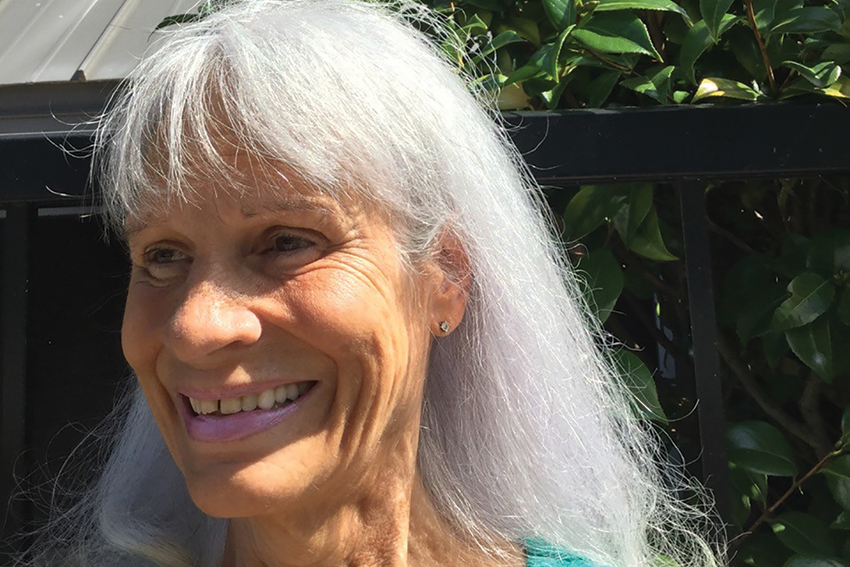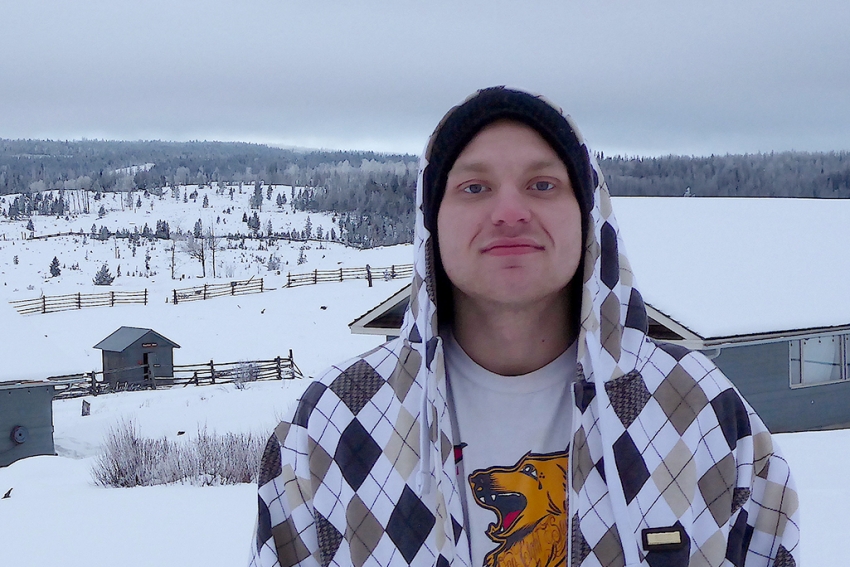Addiction, Wellness and Language
Words are powerful: they can frame how we think and talk about the kinds of changes people may make related to substance use. Consider how often people use “relapse” as the use of any substances at all or “falling off the wagon” implied as failure. Gaëlle sheds a light on these and other common biases that shape how we support or hinder people’s personal agency.


